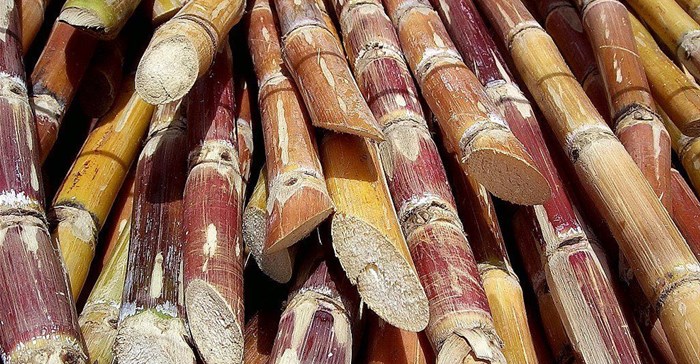SA Canegrowers welcomes the signing of phase one of the Sugar Industry Masterplan by sugar industry stakeholders, retailers, social partners and government.
This means all role players can proceed with implementing the seven commitments in the Masterplan that all focus on ensuring the long-term sustainability and profitability of the sector over the next three years, and most especially, the 1 million livelihoods the industry supports.
The sustainability of the industry has been under threat over recent years due to a confluence of simultaneous factors including the weak protection against cheap imports, unprecedented droughts, plunging world sugar prices and a major drop in local demand for sugar due to the introduction of the Health Promotion Levy (HPL or sugar tax).
The action commitments under the Masterplan speak to these threats and include:
• Increasing demand for locally grown and manufactured sugar;
• Industry price restraint;
• Improving import protection;
• Strengthening small-scale grower support;
• Increasing transformation in the industry;
• Creating a diversified sugarcane-based industry and;
• The potential restructuring of the industry.
"We welcome one of the main strategic objectives of the Masterplan, which is ensuring that the foundational role of small-scale growers in the sugarcane value chain is safeguarded and expanded. South African sugarcane growers will be contributing R640m over the next five years towards programmes to support small-scale grower development and greater transformation within the industry.
"This will include a proposal on a preferential pricing and support package that is linked to the value of products sold and that supports the financial sustainability of small-scale growers," says Rex Talmage, chairman of the SA Canegrowers Association.
SA Canegrowers also welcomes the action committee that is focused on re-establishing the local sugar market over the next three years. Cheap sugar imports cost the local industry over R2.2bn in 2019/2020, and a record level of cheap sugar is expected to pour into South Africa during the current financial year. Deliberate measures that restore demand to South African sugar are essential for the future of our local industry.
Local sugar industry demand
The Masterplan aims to restore an initial 150,000 tonnes of sugar demand to the local sugar industry in the first two years, with the goal of increasing this to 300,000 tonnes in year three.
To achieve this, retailers and wholesalers have committed to procure 80% of their sugar locally, rising to 95% in the third year. Furthermore, the government will promote the use of local sugar to all government departments and state-owned entities, while the sugar industry will actively promote local sugar to consumers and ensure there is visible labelling on local sugar packaging indicating that it is produced in South Africa.
Finally, the Sugar Industry Masterplan envisages the establishment of an HPL Task Team that will investigate the socio-economic impact of the sugar tax to date. We view this as a positive step that will enable the government to make informed decisions on the sugar tax in the future, taking into account the impact it has had on rural livelihoods. We calculate that the tax has cost the sugar industry R1.5bn and caused 9,000 job losses in the cane growing sector alone.
SA Canegrowers began warning of an impending sugar crisis a few years back. We are pleased that our concerns have been taken on board and that there is now a clear plan to put the sugar industry back on track.
"Sugarcane farming is the lifeblood of many rural communities and must be supported and protected if South Africa is to prosper. SA Canegrowers looks forward to playing its part in creating a more diversified and sustainable industry that contributes to job creation and economic growth in South Africa," says Talmage.
Source: Agbiz
















































